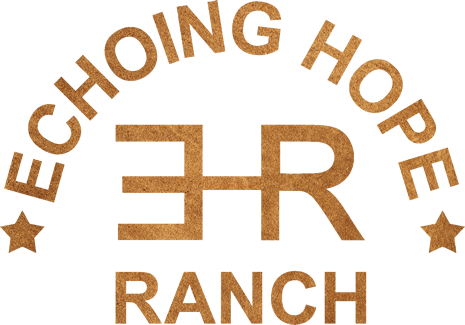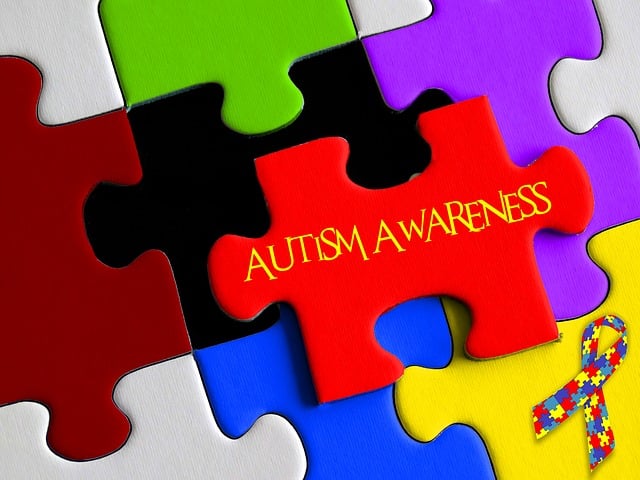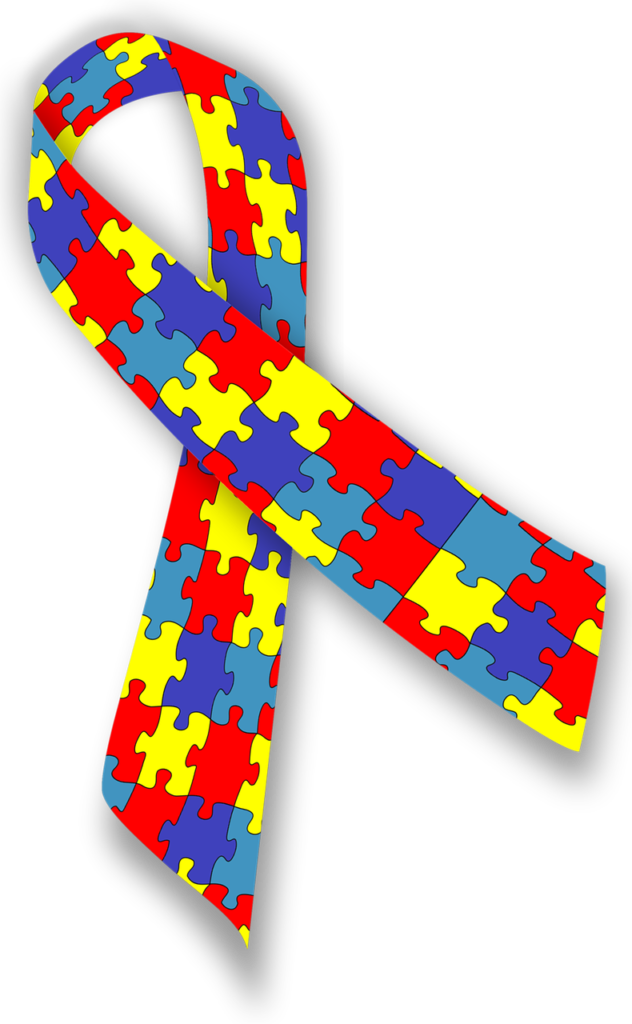According to the National Institute of Mental Health, Autism is a spectrum disorder. A “spectrum” disorder means the type and severity of symptoms people experience will vary. For example, a person with autism may be very functional, dysfunctional, or anywhere in between.
Evaluating a person’s development and behavior, along with using an Autism Spectrum Disorder Screening Test, can help with the final diagnosis. Family, friends, and caregivers are often the first to notice symptoms of autism and can add valuable information to health providers.
Currently, there are no specific medically based tests to diagnose autism. However, many specialists, including psychologists, behavioral therapists, and neurologists,
are familiar with the disorder and can further analyze and offer treatments based on behaviors or symptoms expressed by the individual. Though signs and symptoms vary in each individual, many behaviors support the diagnosis of autism. Behaviors such as but not limited to difficulty with communication, not wanting to make eye contact, or trouble interacting can all be signs of autism. Having repetitive behaviors or being overly sensitized to sounds or light can also warrant further investigation into the possibility of autism. Social interaction can be very challenging for an autistic person. Being viewed as problematic or not functioning well in school or work, though these can also be behavior issues, are possibly related to a neurological or developmental problem that correlates with autism. The behaviors expressed in an autistic person can range from almost non-detectable to a total lack of control.
Autism does not equal a lack of intelligence, and many autistic people are considered very intelligent and function in brilliant ways. Having autism is not a reason to assume a person can not be a valuable contributor to society.
Many successful and famous people have autism, including Jane Austin, Albert Einstein, Jerry Seinfeld, Bob Dylan, Elon Musk, and Bill Gates.
The CDC estimated 1 in 44 people in the United States in 2018 were diagnosed with autism. According to the CDC, around 1% of the world’s population has autism spectrum disorder – over 75,000,000 people. In 2022, 1 in every 100 children have been diagnosed with an autism spectrum disorder.
Defining the causes of autism has been challenging, and more studies are needed. According to The National Autistic Society, there might be genetic components involved. DNA research is investigating this possibility, but currently, there are no definitive answers. Researchers are looking into identifying a specific gene responsible for causing autism. Many people believe vaccines to be a culprit in the increase in autism, but no proof of a correlation exists. Further research is needed to evaluate the possibility of any connection.
Though there is no cure, treatments are available based on the specific symptoms expressed by the autistic person. These include communication and behavioral therapies, family therapies, educational therapies, medications, and other therapies appropriate to the individual, including speech or occupational therapy.
Many autistic people need no treatment besides a loving and accepting family and a supportive environment. As autism awareness grows, more resources become available.
Families looking for ways of supporting someone with autism can find educational materials online or get direction through their healthcare provider. If you have autism or believe you are on the spectrum, contact your healthcare provider or one of the many societies that can help you live a quality life.
NIMH » Autism Spectrum Disorder. https://www.nimh.nih.gov/health/topics/autism-spectrum-disorders-asd
https://www.autism.org.uk/advice-and-guidance/what-is-autism/the-causes-of-autism
https://behavioral-innovations.com/blog/20-famous-people-with-autism-spectrum-disorder-asd/
https://www.cdc.gov/ncbddd/autism/data.html
https://www.chconline.org/resourcelibrary/what-is-the-latest-research-on-autism/


